Atheist embraces Islam during Dr Zakir Naik's lecture in Karachi
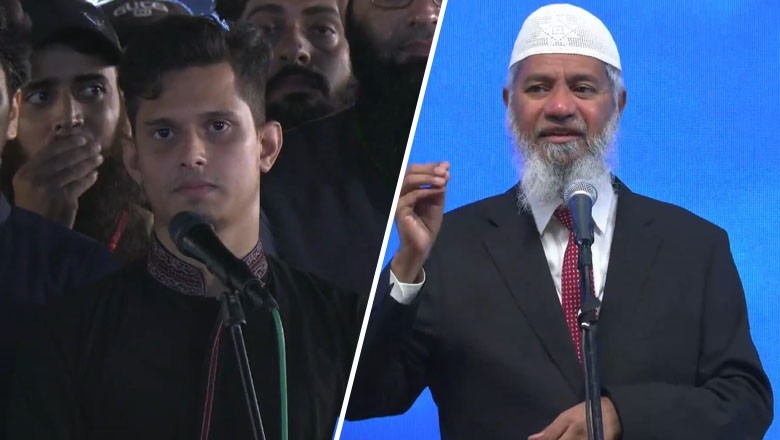
Web Desk
|
7 Oct 2024
A self-proclaimed atheist, named Muhammad Inshal Yousuf, coverted to Islam during a lecture by renowned Islamic scholar Dr Zakir Naik in Karachi.
The transformation occurred during a question-and-answer session, where Ishal shared his spiritual struggles with the cleric.
"I've been an atheist since my school days," Inshal confessed.
"However, after listening to your lectures, I've been inspired by Islam. My dilemma is, that what distinguishes a Muslim from a non-Muslim is Namaz. But I've seen many friends who do not offer Namaz in their lives. Is it permissible for Muslims to consider themselves a Muslim if they don't perform Namaz?" he asked.
The 58-year-old preacher responded thoughtfully, inquiring when Inshal last performed Namaz.
He replied, "A few months ago."
Dr Naik gently clarified, "I don't consider you an atheist, but rather a non-practicing Muslim. Perhaps, you're a good Muslim, and I just don't know you yet."
Moved by Dr Naik's words, Inshal expressed his desire to recite the Shahada, declaring his faith.
The globally celebrated personality guided him through the declaration, and the entire audience joined in, reciting the Kalma together.
Dr Naik is currently in Pakistan for a month-long visit, which began on September 30.
Upon his arrival at Islamabad airport, he was warmly welcomed by Prime Minister’s Youth Programme (PMYP) Chairman Rana Mashhood Ahmad Khan, Additional Secretary Ministry of Religious Affairs Syed Dr Attaur Rehman, Parliamentary Secretary Religious Affairs Shamsheer Ali Mazari, and other dignitaries.
A day earlier, the globally celebrated personality included his public lectures in the metropolis.
Mr Naik will hold private meetings from October 7 to 10 in the port city.
He will then travel to Lahore and deliver lectures on October 12 and 13, and later in Islamabad on October 19 and 20.
These events will be broadcast live on Peace TV, allowing a broader audience to benefit from Dr. Naik's expertise in comparative religion.


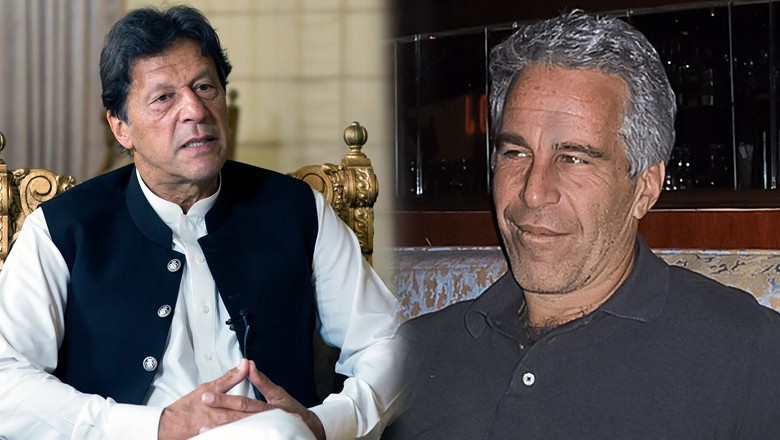

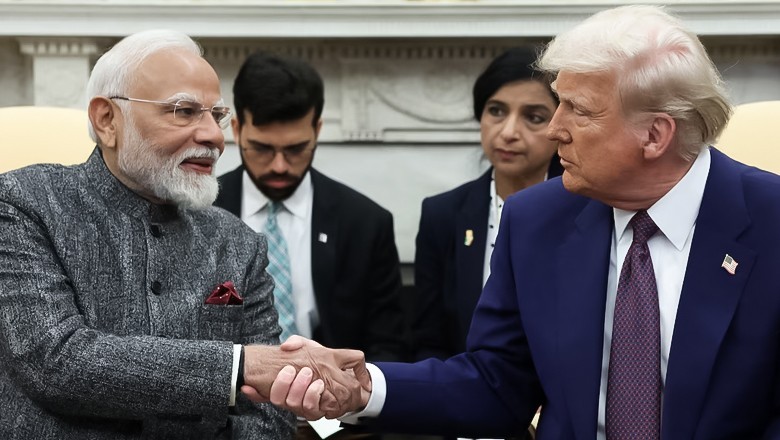
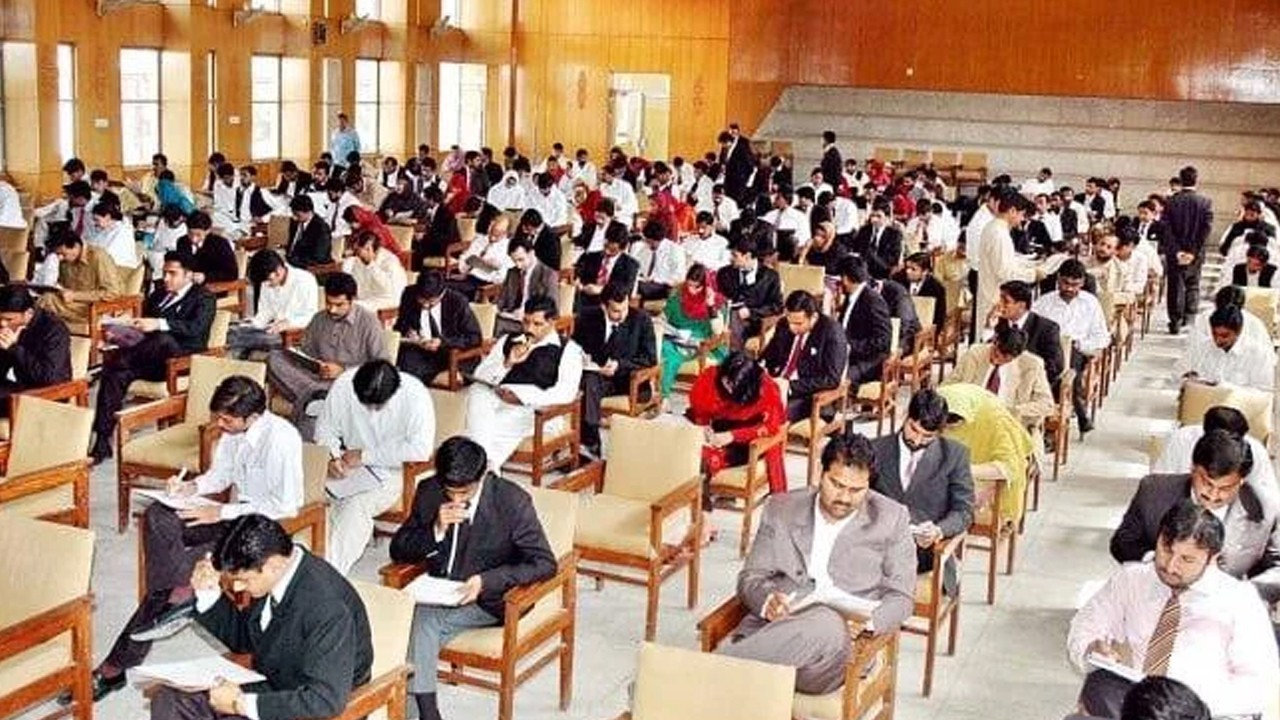

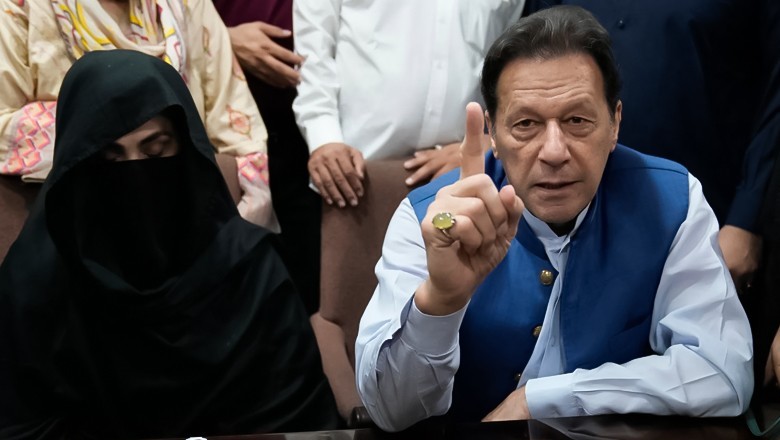
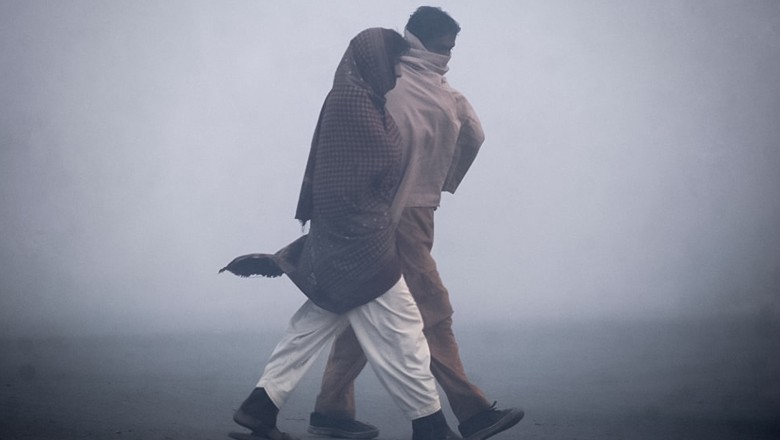


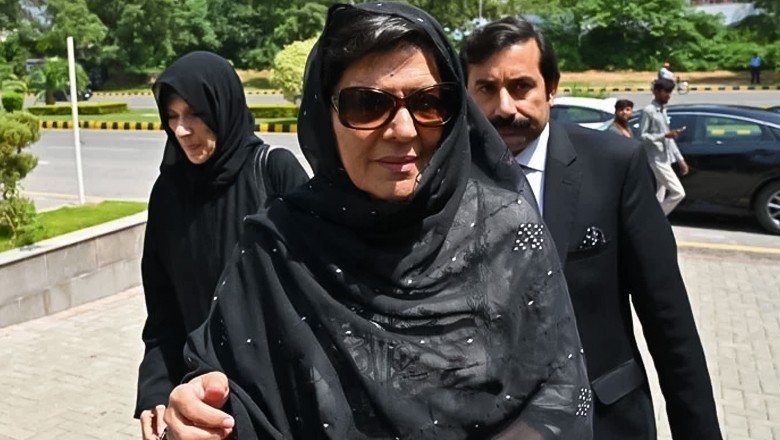
Comments
0 comment